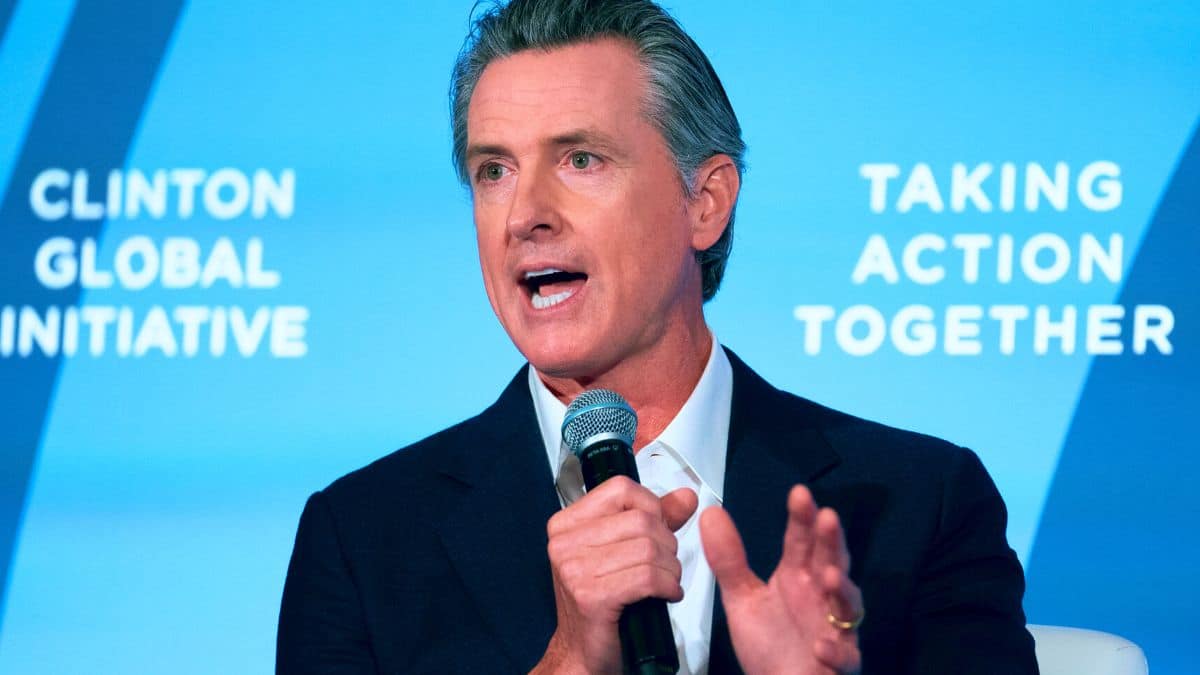
The Center for Transportation and the Environment has launched a project in California aimed at deploying Hyundai Motor Co.’s hydrogen-powered trucks to enhance zero-emission freight transportation in the state.
Known as NorCal Zero, the $53 million project will introduce 30 of Hyundai’s Xcient Fuel Cell electric trucks to the San Francisco Bay and Central Valley areas, according to a news release from CTE. The Xcient is recognized as the world’s first mass-produced, heavy-duty truck powered by hydrogen.
The project’s kickoff was celebrated at a hydrogen fueling station dedication event in West Oakland last week.
“Hyundai is incredibly proud and thankful to be a part of the largest ever single deployment of heavy-duty fuel cell electric trucks in North America. The community in Oakland leads the way in clean, sustainable freight transportation and serves as a blueprint for many more deployments in the U.S. to come,” said Jim Park, a senior vice president at Hyundai Motor North America, in the release.
CTE, a nonprofit based in Atlanta focused on developing and implementing zero-emission vehicles and supporting infrastructure, estimates that the project has the potential to prevent 24,000 metric tons of carbon dioxide emissions — equivalent to the emissions produced by consuming nearly 2.4 million gallons of diesel.
According to the release, these trucks can travel more than 450 miles on a single fill of hydrogen and are currently operational in Switzerland.
Hyundai has been actively working to establish a comprehensive hydrogen mobility ecosystem across North America, the company noted in a news release.
The hydrogen fueling station is situated in a historically Black and Latino community that has been affected by the freeways and diesel trucks traveling to and from the Port of Oakland. The nonprofit highlighted it as the largest hydrogen fueling station in the world, designed to accommodate up to 200 trucks for back-to-back refueling.
“Port-adjacent communities like West Oakland suffer disproportionately from the impacts of diesel freight, so we’re excited to explore how alternatives like hydrogen fuel cell electric trucks can move us toward our zero emissions goals,” said Brian Beveridge, co-Director of the West Oakland Environmental Indicators Project, in the release. “We look forward to a day when our community can breathe easy without the fear of toxic freight emissions.”
Papé Group is responsible for maintaining the trucks at its San Leandro facility. The company upgraded its facility with hydrogen detection and ventilation equipment to service the trucks. Data collection on the project is being conducted by the University of California Berkeley and the West Oakland Environmental Indicators Project.

